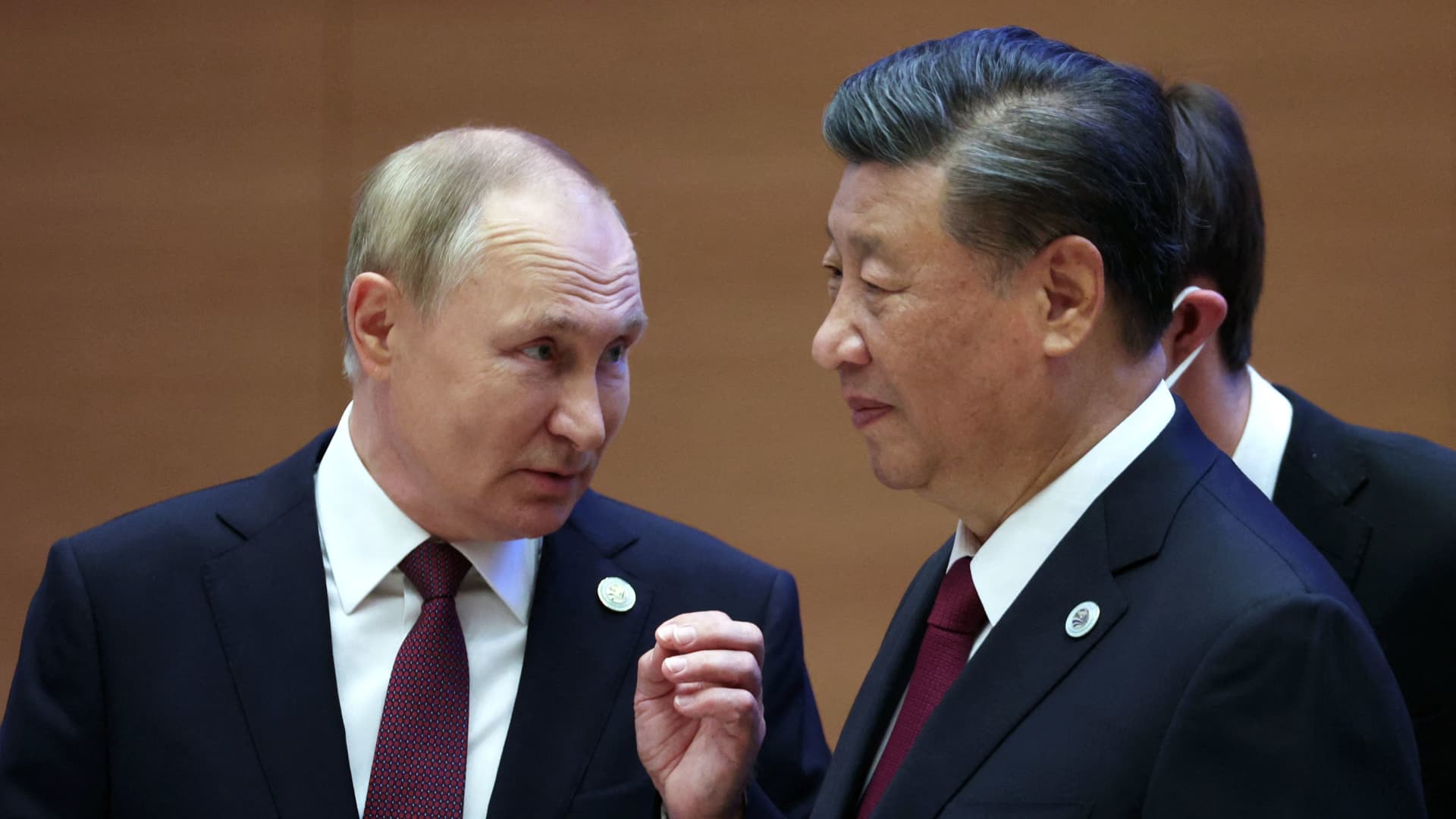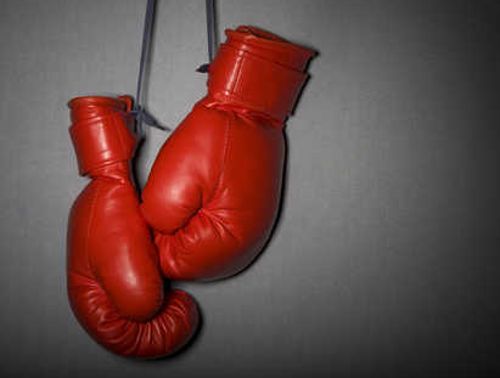France praises Turkey’s Iraq war policy
"There are several arguments in favor of (Turkey’s) candidacy, be they strategic, security related, economic or related to cultural diversity," de Villepin said.
Turkey has still to carry out a series of political and economic reforms to meet EU criteria, and the EU says it will decide at the end of 2004 whether it will open negotiations with Ankara.
"We see Turkey’s deep aspiration to join the union and France plans to stand by your side on this road, which is the road of democracy, economic development and social cohesion," de Villepin said.
Both de Villepin and Gul said they believed a recent initiative in France to erect a statue commemorating the World War I killings of Armenians would not affect the ties between the two countries.
"We are attaching a great importance to ties with France. Developments that could cast a shadow on these ties should not be allowed to take place," Gul said.
French parliament’s 2001 recognition of the killings as a genocide seriously strained ties between the two countries.
De Villepin said no step undertaken in France has been meant to offend Turkish people.
Armenians say a 1915-1923 campaign to force them out of eastern Turkey amounted to genocide and some 1.5 million people were killed. Turkey, which denies the genocide, says the figures are inflated and says Armenians died during civil unrest.
De Villepin, who left Wednesday, also held talks with Prime Minister Recep Tayyip Erdogan. A statement from Erdogan’s office said reconstruction of Iraq, the U.N. role in the process and the Middle East peace process were discussed during the meeting.
During the press conference, De Villepin also said France was ready to back suspension of U.N. sanctions against Iraq, saying the country needed help to get back onto its feet.
His remarks signalled France was prepared to go halfway towards meeting Washington’s drive to secure an end to the 12-year-old economic sanctions.
"We believe, of course respecting the international legality, we should as fast as possible try to lift these sanctions," Villepin told reporters at the press conference with Gul.
"Being pragmatic, viewing first suspending these sanctions, we might be in a position to comply with the full lifting of the sanctions," Villepin said.
The sanctions were imposed in August 1990 shortly after Iraq invaded Kuwait and were kept in place over Saddam’s alleged possession of weapons of destruction.
Washington has made clear it wants no link between an immediate lifting of the U.N. sanctions and a return of U.N. arms inspectors to Iraq.
But U.N. verification of whether Iraq has rid itself of the weapons may be the key to the final end of sanctions.
Villepin said U.N. inspections were still essential in order to verify Iraq was free of the weapons of mass destruction that the United States accused Saddam of possessing.
But he indicated the inspections could take place after a new authority was established in Baghdad and that U.N. arms experts could work with the U.S. military now in Iraq.
"We need to certify that the government process in Iraq…using the forces on the ground, using also the competence of the U.N. inspectors, is possible in order to be in a position to certify the absolute disarmament of Iraq," Villepin said.



